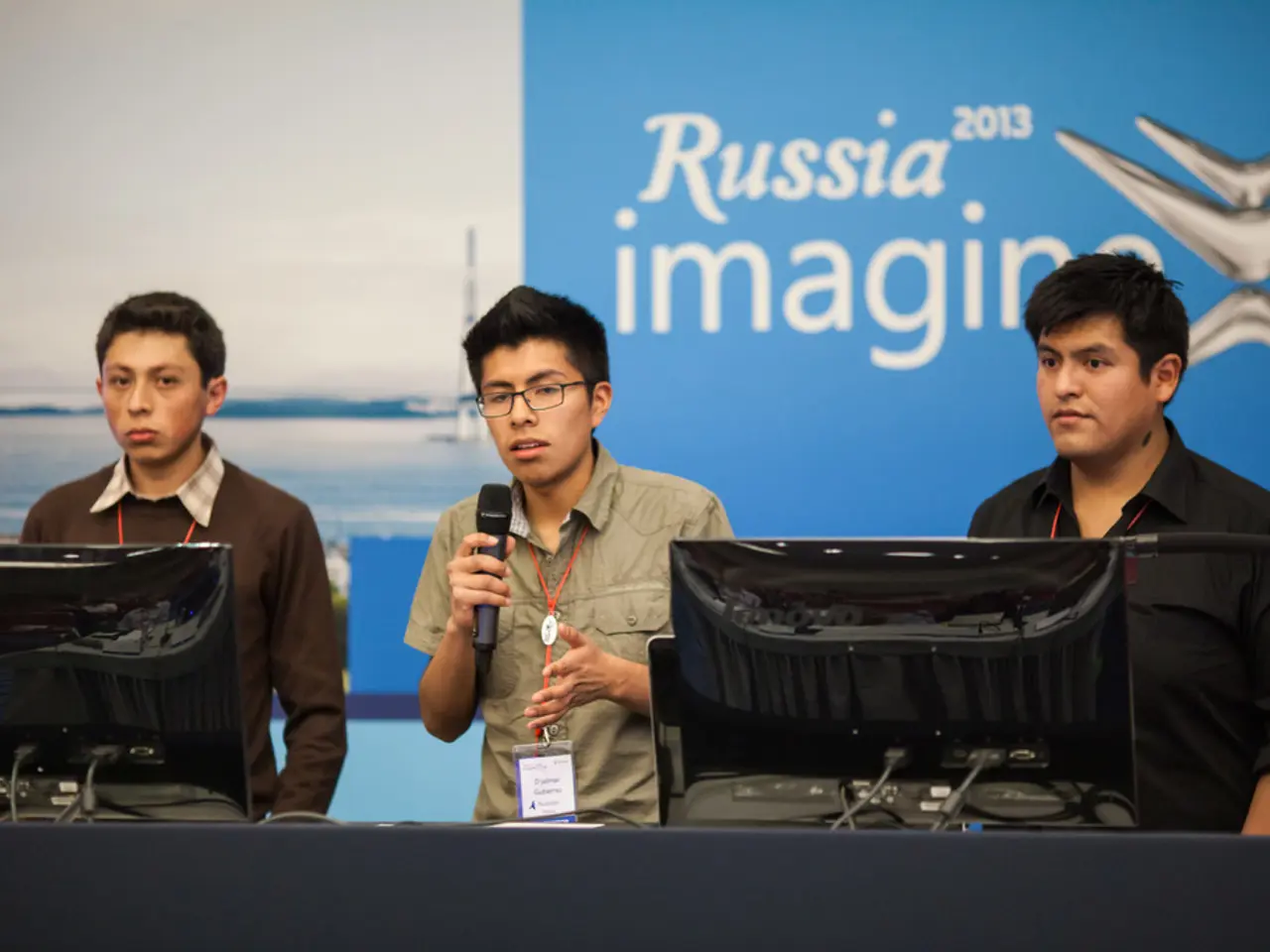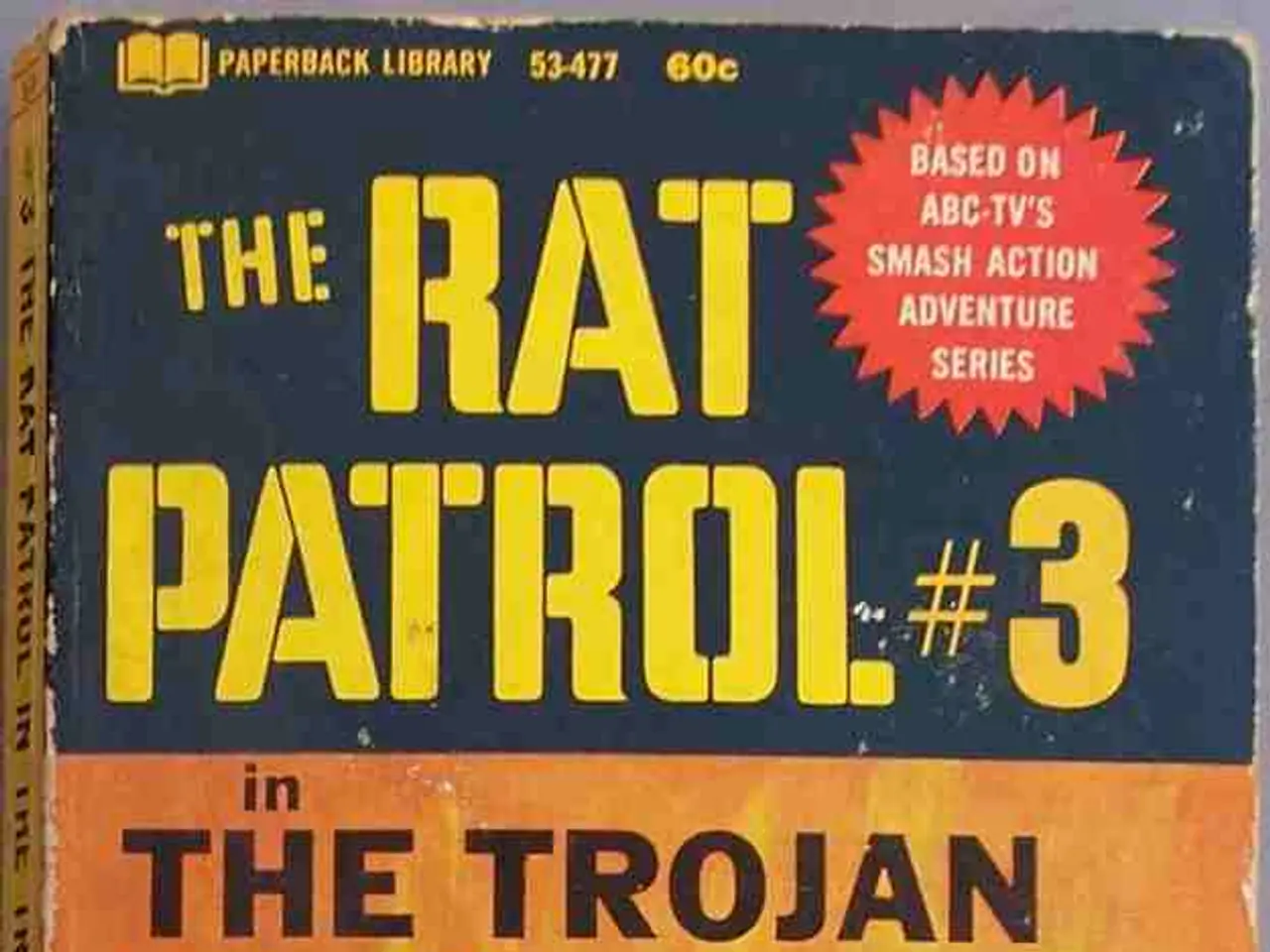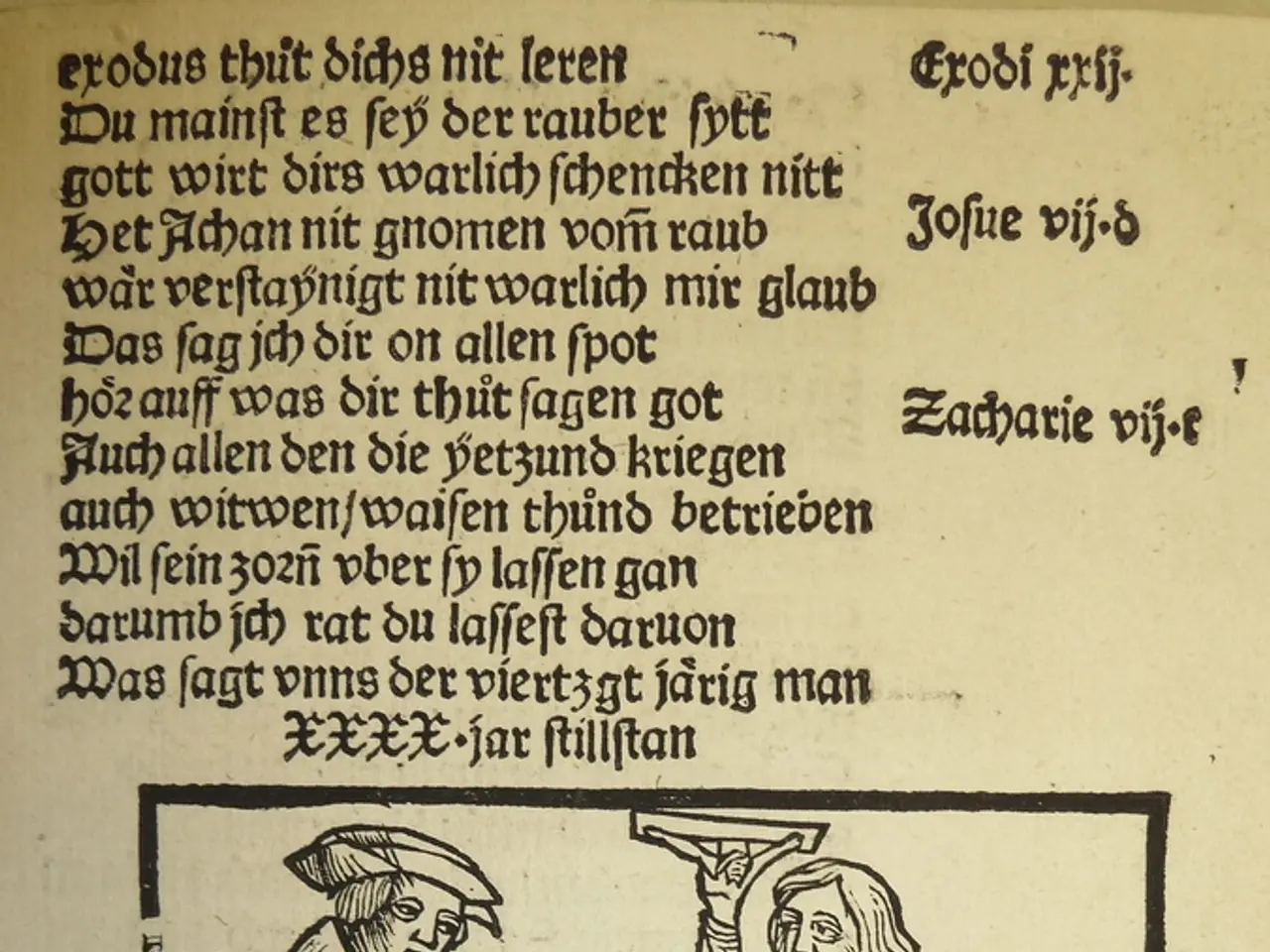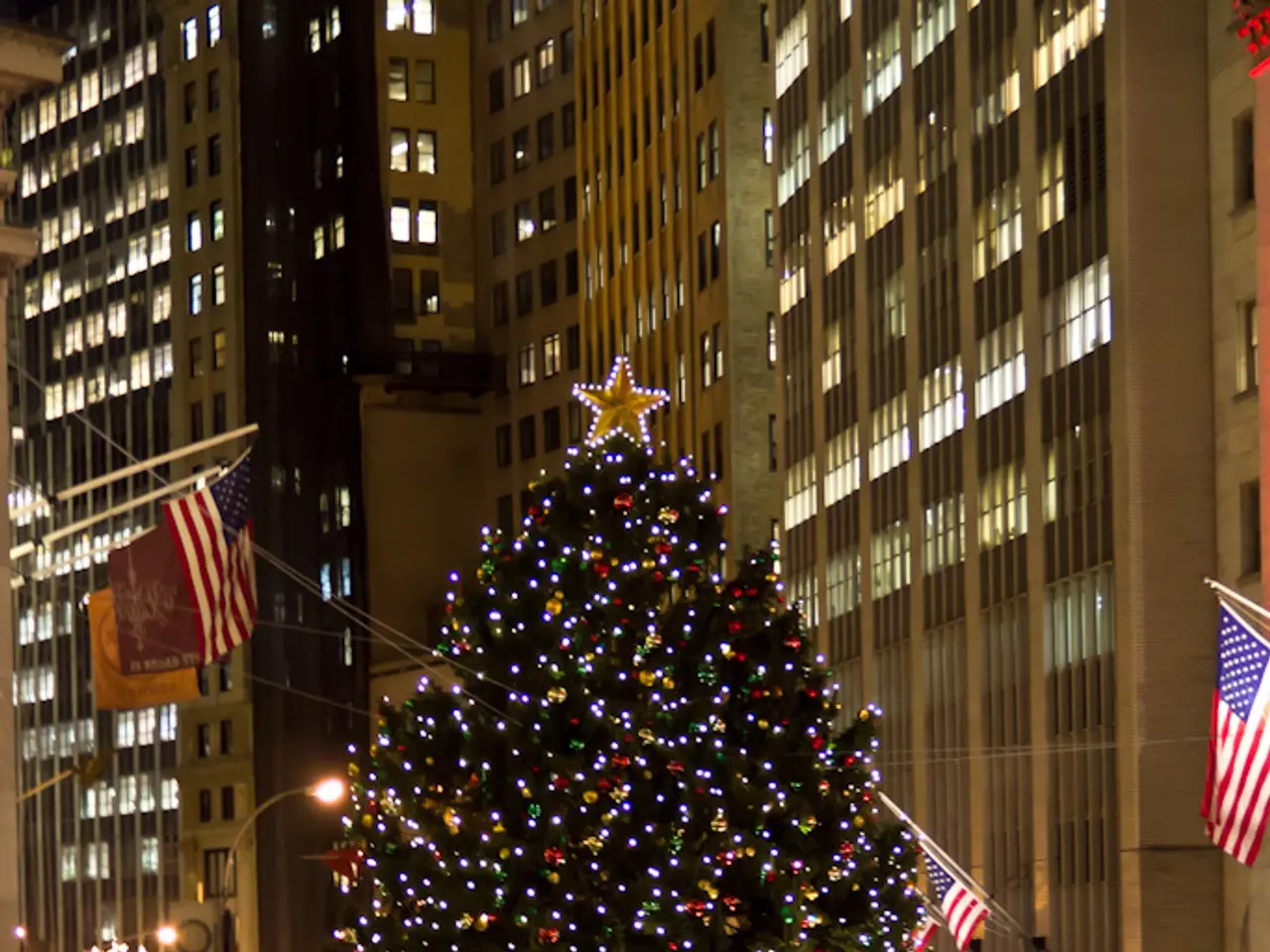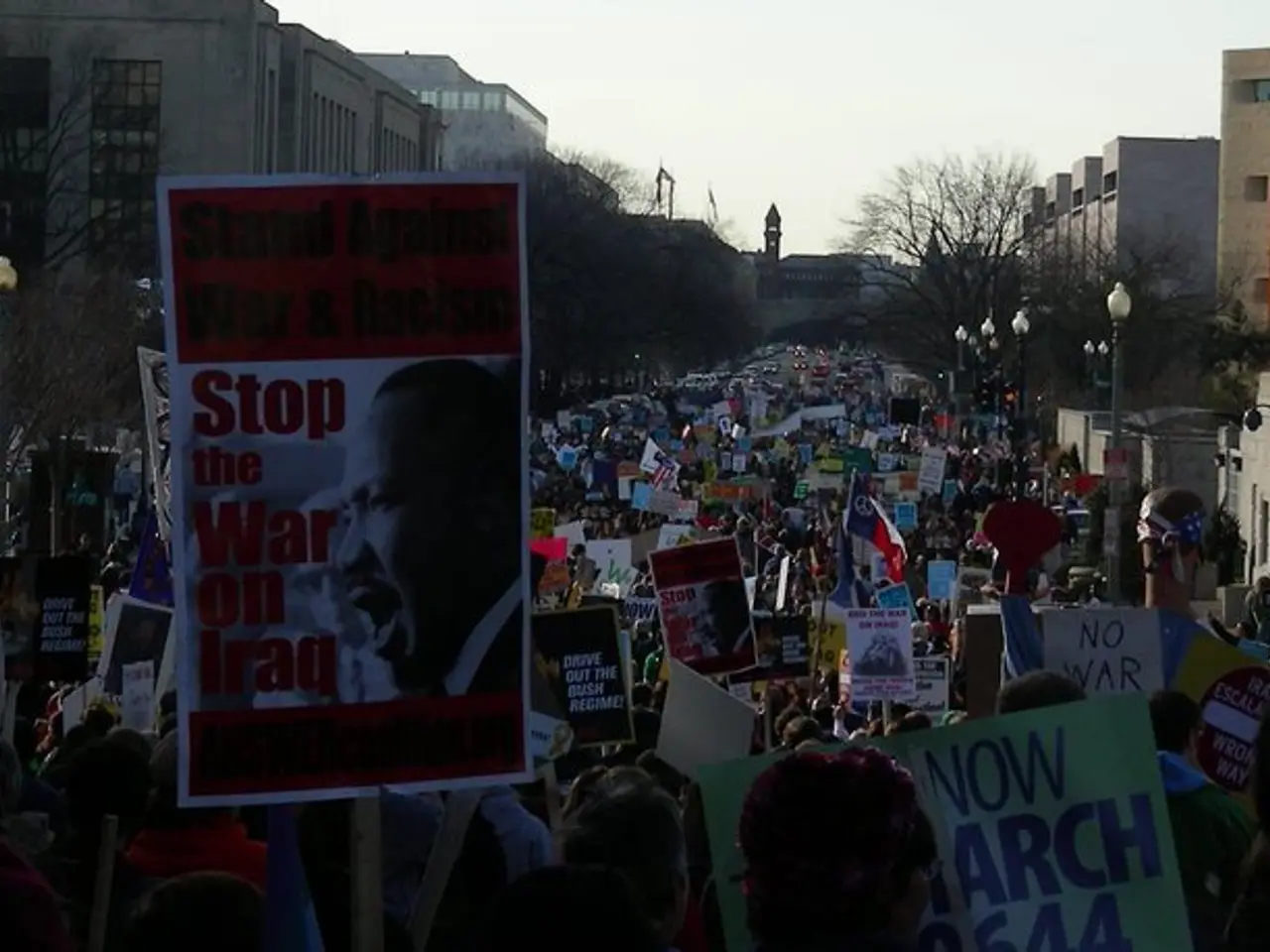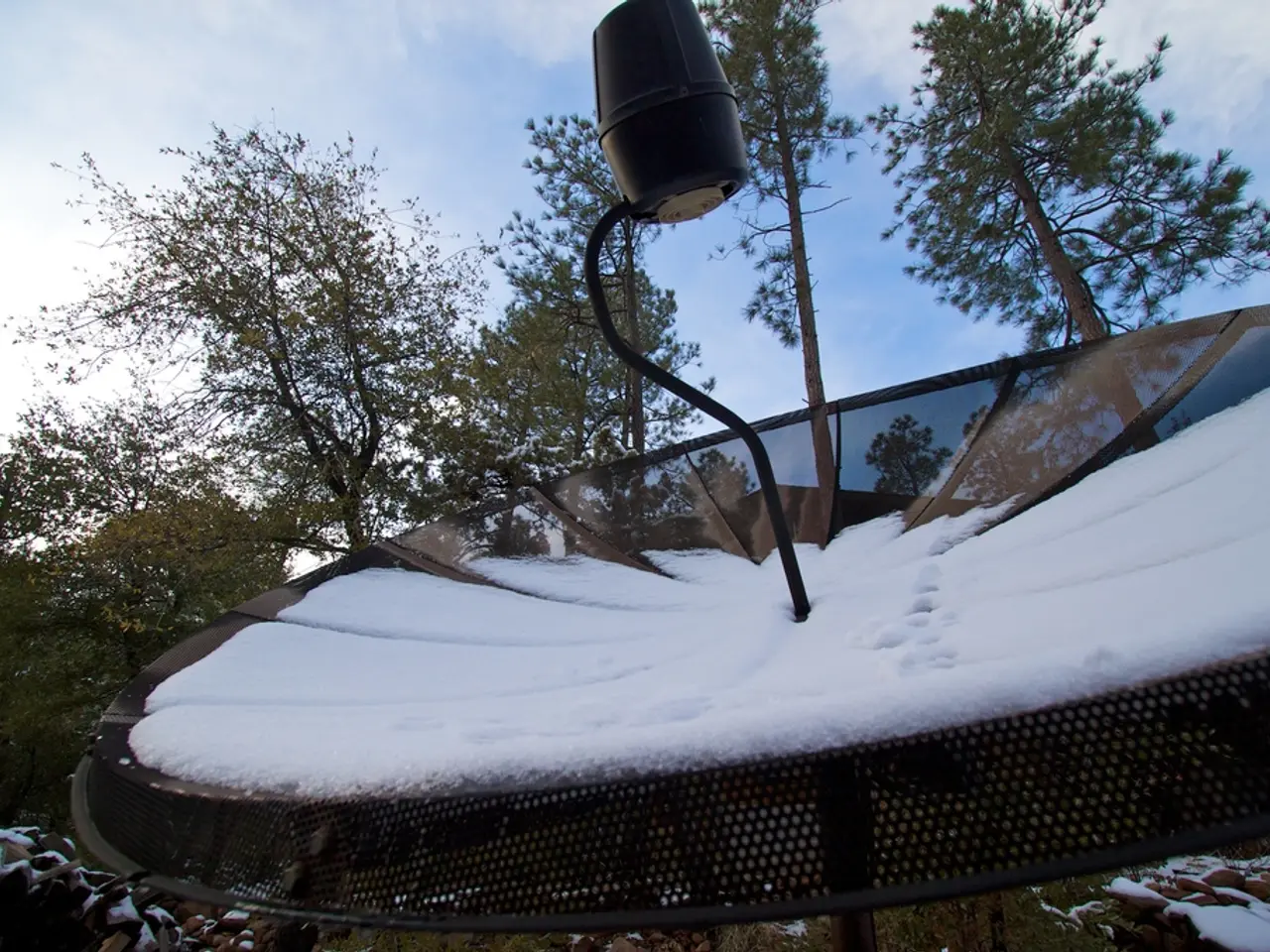U.S. to deliberate on the outcomes of Witkoff's trip to Russia and could issue a public declaration, as per Marco Rubio's announcement
In a significant development, the United States, under President Donald Trump, is set to impose new secondary tariffs on nations that trade with Russia, particularly in response to Russia's actions in Ukraine.
The first-ever use of such secondary tariffs came with an Executive Order issued by Trump, imposing a 25 percent secondary tariff on most imports from India due to India's importation of Russian oil. This tariff is set to take effect on August 27, 2025.
Following a meeting between Stephen Biegun and Vladimir Putin in Moscow on August 6, no immediate new US secondary sanctions on Russia were announced. However, the administration seems to be holding off on imposing additional secondary sanctions or tariffs on Russia, waiting for the ongoing negotiations involving Russia to conclude or progress materially.
President Trump has signalled his readiness for broader secondary sanctions on Russia and nations trading with Russia, but the exact details remain unclear, with conflicting statements about tariff percentages.
On August 8, Reuters reported that the US may impose secondary sanctions on Russia. This deadline coincides with a deadline set by Donald Trump for Russia to reach an agreement on a ceasefire with Kiev.
During the meeting in Moscow, Russia conveyed "some signals on the Ukrainian issue," according to reports. The White House believes the meeting between Putin and Biegun went well, and the sides discussed the settlement in Ukraine and the prospects for possible development of strategic cooperation between Russia and the US.
President Trump has threatened to impose sanctions on Russia and tariffs on its trading partners on August 8 if Moscow and Kiev do not reach an agreement on a ceasefire. The potential sanctions and tariffs are a form of pressure on Russia to reach an agreement on a ceasefire with Kiev.
Senator Marco Rubio did not make any specific positive or negative announcements regarding the discussions throughout the day. Instead, he spoke at a meeting with Serbian Foreign Minister Marko Djuric at the State Department.
Yuri Ushakov, an aide to the Russian President, described the conversation as "useful and constructive." The conversation between Putin and Biegun lasted approximately three hours.
This outlines the latest publicly available US developments on secondary sanctions relating to Russia as of August 11, 2025. The situation suggests that US sanctions policy is in active development following recent diplomatic engagements with Russia, but concrete new secondary sanctions directly linked to the August 6 meeting have yet to be formally announced.
The ongoing developments indicate a potential escalation in US policy-and-legislation regarding war-and-conflicts, as President Trump threatens to impose new secondary sanctions on Russia and tariffs on its trading partners, especially in view of Russia's actions in Ukraine. Meanwhile, the general news reports that the August 6 meeting between Stephen Biegun and Vladimir Putin in Moscow revealed some positive signals on the Ukrainian issue, yet the administration has postponed imposing additional secondary sanctions or tariffs, awaiting the progress of ongoing negotiations.
